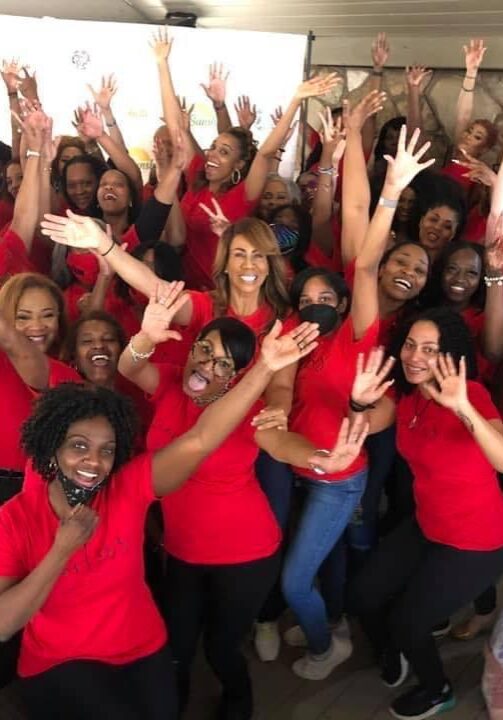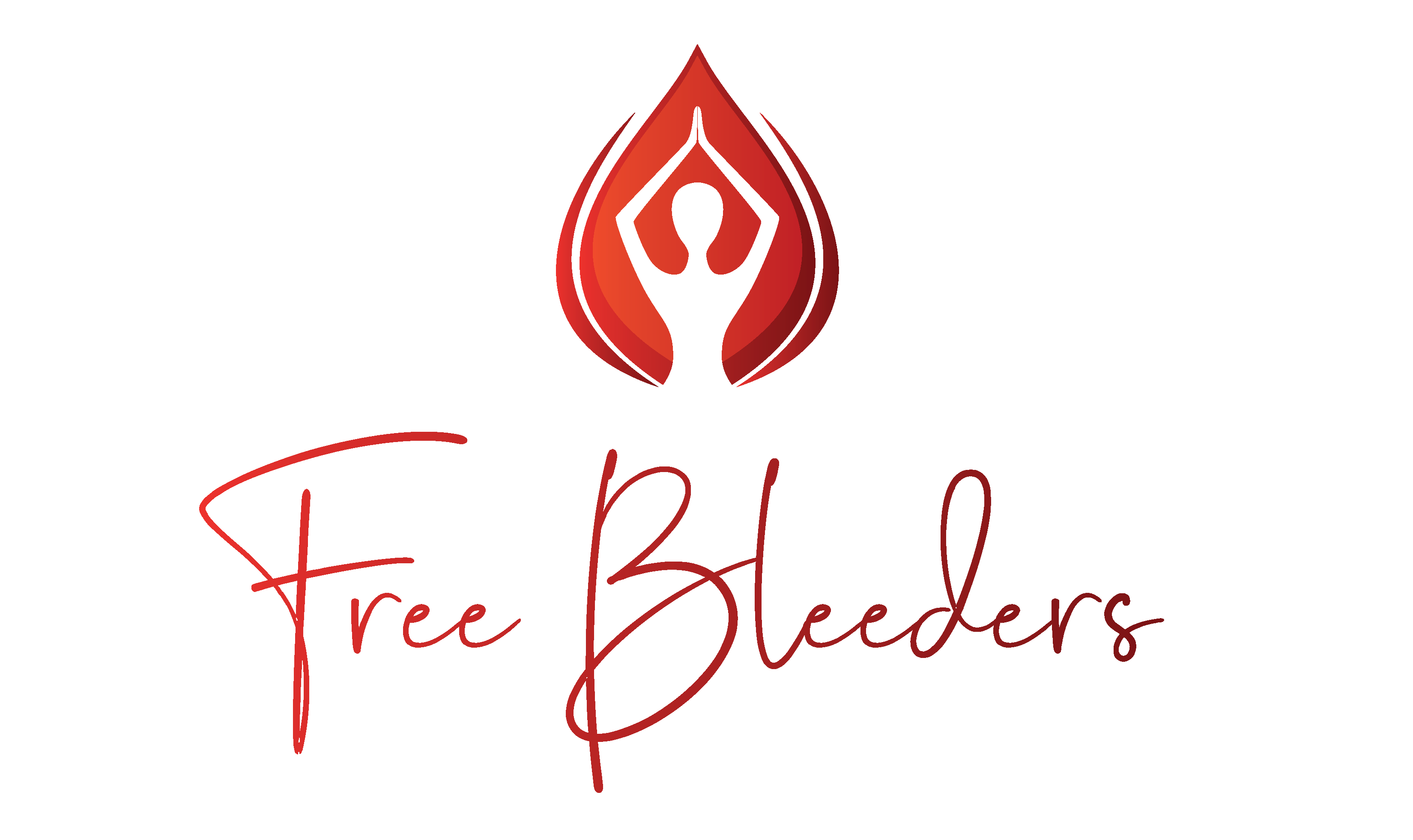Background
Free Bleeders is a non-profit organization based in Atlanta, GA, founded by Tracye Hamler in 2019. We serve as a resource for advocacy, education, and networking for women diagnosed with bleeding disorders or those caring for someone with such conditions. Our mission is to raise awareness, educate, advocate, and support this special community, while empowering women to advocate for themselves.

Disclaimer: “Free Bleeders,” a non-profit organization for women living with bleeding disorders, should not be confused with the “Free Bleeding” movement, which began in the 1970s as a reaction to toxic shock syndrome and other social motivations.
History
Historically, Hemophilia was considered a “male disease,” leading to misdiagnosis and inadequate care for women. Women often faced hormonal treatments instead of proper screenings for inherited bleeding disorders. Alarmingly, the average time from symptom onset to diagnosis for women is 16 years. Our focus on women addresses the urgent need for early diagnosis, comprehensive testing, and appropriate care.
Understanding Bleeding Disorders in Women

Common Bleeding Disorders in Women
Hemophilia: Although primarily affecting men, hemophilia can cause mild bleeding symptoms in women due to genetic mutations. Women may experience prolonged bleeding from cuts, heavy bleeding after dental procedures, and recurrent miscarriages.
Other Causes and Symptoms of Bleeding Disorders
Treatment and Management
While bleeding disorders have no cure, effective treatments are available to manage symptoms and prevent complications. Hematologists, specialists in blood diseases, can diagnose these conditions through blood tests and recommend tailored treatment plans.
Impact on Women's Lives
It's estimated that up to 1% of women in the United States may have a bleeding disorder, with many unaware of their condition. Women with heavy menstrual bleeding or VWD face increased risks of anemia, hospitalizations, and blood transfusions, which can limit daily activities and impact their quality of life. Raising awareness and providing support are essential to improving outcomes for these women.

Inclusive Events for Women & Girls
We organize inclusive events designed to empower women and girls, providing opportunities for education, networking, and personal growth. These events foster a sense of community and support, helping participants connect with others who share similar experiences.
